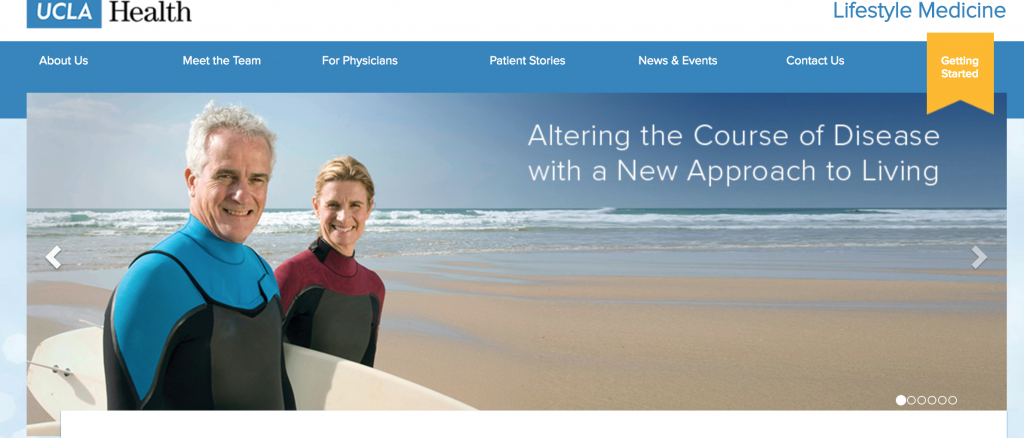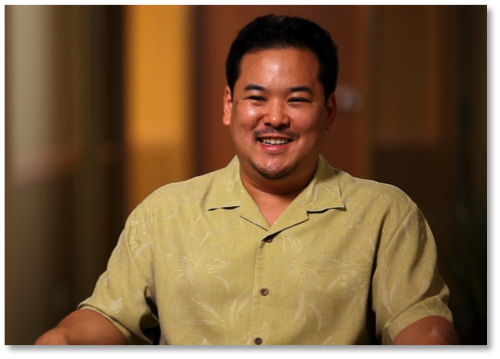
Supportive Relationships are as Critical to Our Health as Good Nutrition
Photo Credit: moodboard,via Flickr Creative Commons
There is much to learn about love, support and connection from the life and legacy of Dr. Martin Luther King, Jr. He was a pastor, an activist, humanitarian and a world leader. In his all too brief life, his accomplishments were legion. He was awarded the Nobel Peace Prize for combating racial inequality through non-violence. He was posthumously awarded both the Presidential Medal of Freedom and the Congressional Gold Medal.
Above all, I see Dr. King as a connector. He mobilized countless individuals to come together peacefully to effect changes that would benefit all. “We must learn to live together as brothers or we will perish together as fools, ” he said. His message advocated unity. He spoke from the heart and sent us back into ours with his powerful words: ”Love is the only force capable of transforming an enemy into a friend.”
The work of Dr. Ornish is in direct alignment with the message of Dr. King on the necessity of love and connection. In his book, Love and Survival: 8 Pathways to Intimacy and Health, Dr. Ornish cites many studies that demonstrate the healing, protective power of emotional and social intimacy on our health and well-being. Among myriad scientific, evidence-based benefits, the bonding that results from relationships of love and support has been proven to boost the immune system and strengthen resistance to disease. Cholesterol is likewise affected. Dr. Ornish writes: “How much cholesterol ends up in your arteries is only partly a function of how much fat and cholesterol you consume. How your body metabolizes cholesterol and the likelihood of a heart attack or sudden cardiac death is also affected by love and relationships.”
The quality of our relationships, how loving and supportive they are, is more important than the number of relationships we have. Dr. Ornish posits, “Our supportive connections are sufficient when we can answer “Yes” to questions such as: Do you have anyone who really cares for you? Who feels close to you? Who loves you? Who wants to help you? In whom you can confide?” He writes that if you cannot answer “Yes” to these questions, you may have three to ten times higher risk of premature death and diseases from all causes.” In addition to supporting our physical health, loving relationships enhance and promote comfort, security and happiness.
A 2011 study published in Developmental Psychology showed that even being in the presence of a best friend had the power to buffer negative experiences. The company of a best friend during difficult times, the study found, lowered the stress hormone cortisol and increased measures of global self-worth. Supportive relationships are as critical to our health as good nutrition, exercise and de-stressing. Our life-giving social and emotional connections are also rewarding and fun.
They create interdependence with enriching opportunities to share ideas, issues, joys, concerns, failures and successes. It is in our supportive relationships where we can learn to open up, to give and receive acceptance and assistance, and to be our authentic selves. It is here that we learn to forgive and be forgiven.
As we learn to trust and be trusted, we gain confidence in expanding and creating more and more healing connections in our world at large. Dr. King said, “Darkness cannot drive out darkness; only love can do that. Hate cannot drive out hate, only love can do that.” The work of both Dr. King and Dr. Ornish teaches us the power of the human bond—and the critical necessity to welcome, embrace and share love at every opportunity. Our individual and collective survival is counting on it.
How has your health benefited from your supportive relationships?








